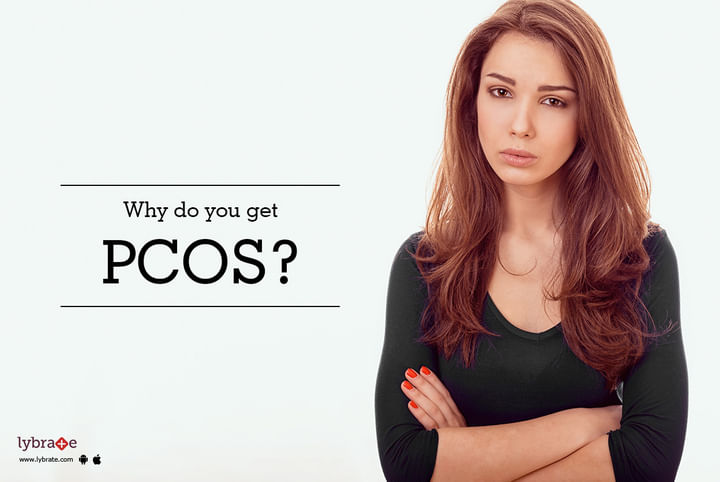Why do you get PCOS?
Polycystic ovarian syndrome is the condition when a woman's sex hormone levels get imbalanced. This can cause women to have irregular periods and may also have an impact on their fertility. Women suffering from PCOS also tend to grow small cysts in their ovaries which can also lead to severe health problems like diabetes and heart disease, if left untreated.
What causes PCOS?
The exact cause of PCOS is not known. However, the condition may be triggered by hormonal imbalances and genetic factors. Women are more susceptible to developing this condition if their mother or a female family member also has the condition. Excessive production of androgen, which is a male sex hormone, may also lead to this condition. Women suffering from PCOS tend to have high levels of androgen. The formation of eggs and their release during ovulation can be delayed by high levels of androgen. High androgen levels may result from excess insulin present in the blood. Poor lifestyle and irregular eating habits contribute to obesity which intern leads to increased insulin resistance and hence delayed ovulation and irregular cycles leading to infertility.
What are the symptoms of PCOS?
The type of symptom in case of PCOS varies from person to person. Since PCOS is characterized by low levels of sex hormones, this condition may lead to symptoms such as:
- Excessive hair growth on stomach, face, chest, toes and thumbs
- The breast size starts to shrink
- There is a change in voice, making it deeper
- There is excessive loss of hair from your scalp
- Sometimes the face is filled with acne and the skin turns oily
- There are fertility problems like having trouble in ovulating or recurring miscarriages
- Frequent depression or mood swings
- Facing breathings problems while sleeping
- Obesity



+1.svg)
